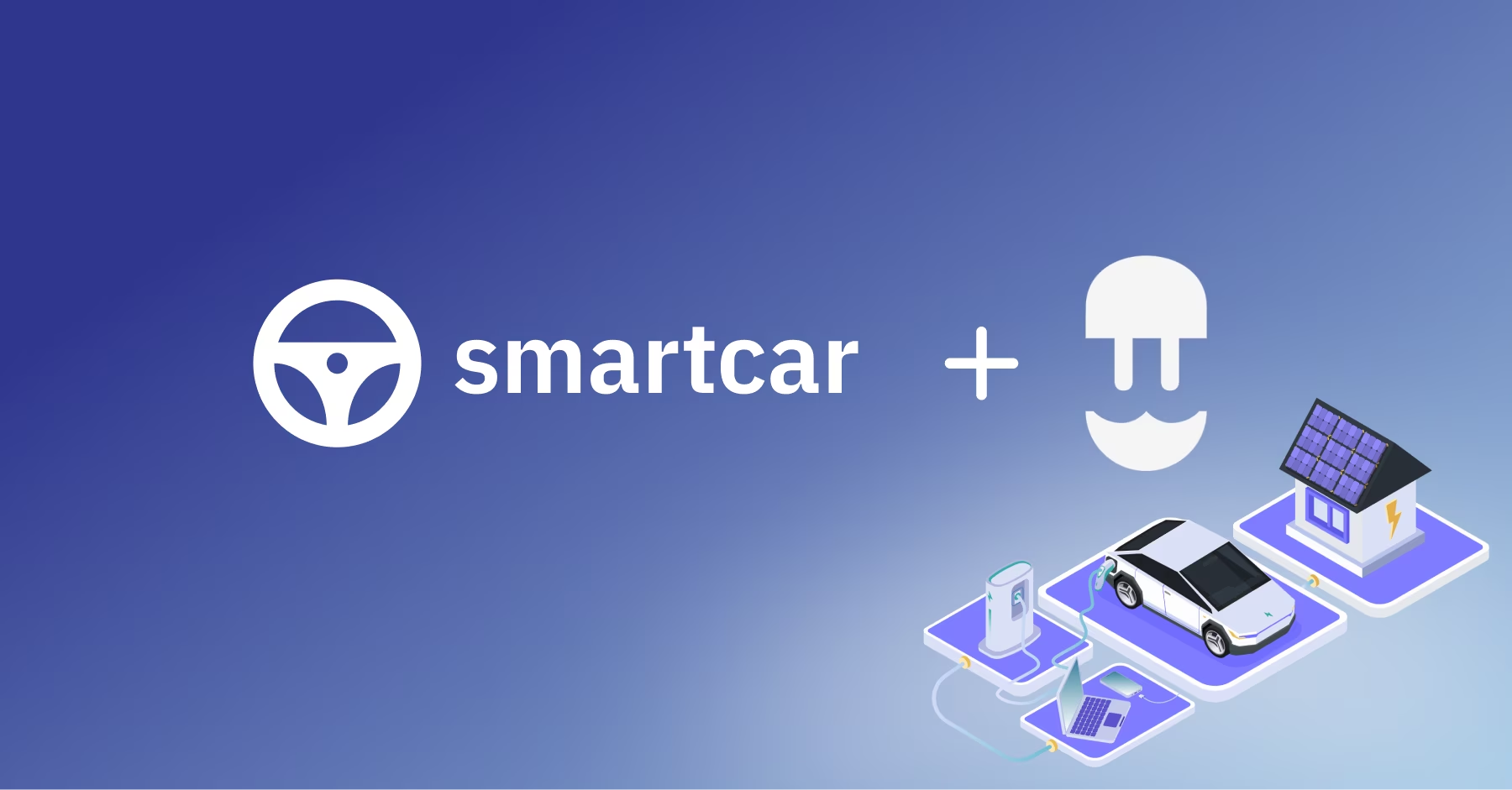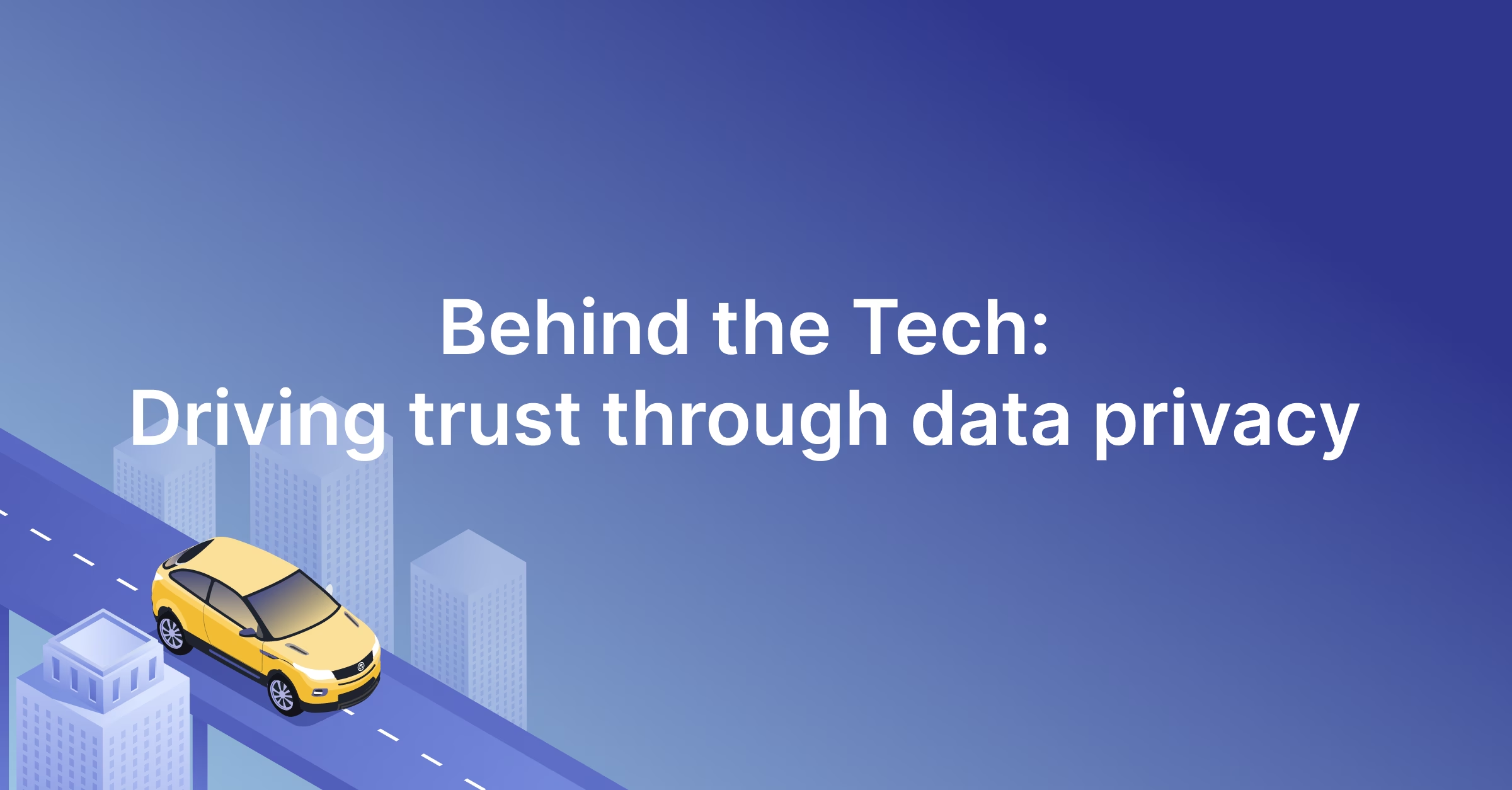EV sales are rising worldwide, now encompassing 8.6% of all new vehicle sales in the United States. In Smartcar’s home state of California, this number is even more impressive — comprising 16% of total “light duty” car sales in 2022 alone.
Likewise, EV chargers are becoming faster, more efficient, and smarter with every generation. While AC Level 1 chargers often take up to 40 hours to charge, Level 2 chargers (regularly placed in public spaces) are 19x faster. Better yet, Level 3 chargers are the fastest and most efficient, regularly dosing over 360 kilowatts of power. This “DC fast charging” is used for popular brands like the Tesla Supercharger, which fully charges EVs in roughly 20 minutes. While the best SOC is between 10-90%, 30-80% is widely suggested for new batteries.
But despite these advancements in charging, one challenge remains: how to read an electric vehicle’s state of charge, or level of EV charge relative to battery capacity, while unplugged and/or not charging.
Enter: Smartcar’s EV battery API. Once enabled, end users can remotely retrieve their EV’s state of charge (SOC) and remaining battery range (BEV), plus battery state for an entire fleet of customer EVs and plug-in hybrids (PHEV). Regardless of charger level, brand, or charging status, Smartcar’s EV battery API empowers EV charging apps to accurately read SOC directly from EVs anytime, anywhere.
How to retrieve an electric vehicle's SOC
Reading an EV’s SOC is simple with Smartcar. Follow the below instructions to get started:

- Your application launches the Smartcar Connect flow, which prompts your customer to link their electric car to your app.
- The vehicle owner logs in to their electric vehicle’s connected service account and grants you application permission to access the EV’s battery voltage and charging information. Your application can now make API requests to your customer’s vehicle.
Here’s how to retrieve the SOC estimation and remaining range using the Smartcar EV battery API with a Python back end:
Smartcar’s EV battery API in action
Smartcar customer, Recurrent, makes it easy to buy, sell, and drive electric vehicles. One of its most important features? Creating battery reports for electric cars to determine average performance — because when it comes time to sell, good batteries are worth more. In order to train the company’s proprietary predictive algorithm to generate its battery condition reports, Recurrent used Smartcar’s APIs to retrieve both vehicle and EV battery information from subscribers who signed up for monthly battery reports. After vehicle owners consented to just four permissions, Recurrent could then monitor each customer vehicle’s mileage, range estimates, state of charge, and charging status.
Similarly, on-demand fuel and delivery service CAFU uses Smartcar’s EV battery APIs to communicate directly with electric vehicles and prioritize orders. By receiving detailed information like battery level and battery capacity instantly, CAFU is now able to serve more customers in less time, and can scale its services to reach new markets.
The benefits of Smartcar’s EV battery API
Smartcar allows developers and their end customers to submit easy, one-time API requests for vehicle SOC and range. Compatible with 100+ EV models across 29 brands in North America and Europe, our API works on a wide range of battery electric vehicles (BEVs) and PHEVs. Rather than using physical hardware to connect to EVs, Smartcar’s API technology communicates directly with the 3G or 4G modems pre-built into most electric vehicles on the market today. This ensures that the data you’re receiving is accurate and reliable in real-time.
Even if a vehicle is not near an EV charger, Smartcar allows users to know each vehicle’s exact battery SOC. Whether informing customers about their expected vehicle range pre-trip, the distance to the nearest charging station, or how long it will take to charge, vehicle owners are able to take the guesswork out of EV charging. After onboarding customers by linking vehicles to your EV charging app, one can immediately make API requests that return instant information.
If you’re interested in learning more about what Smartcar can do for your EV solution, request a demo with us.




.jpg)

